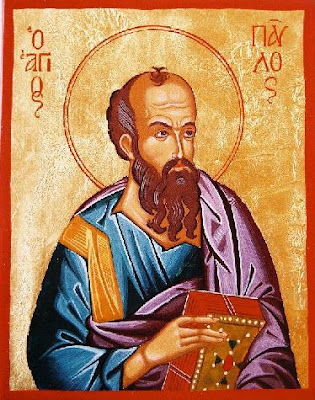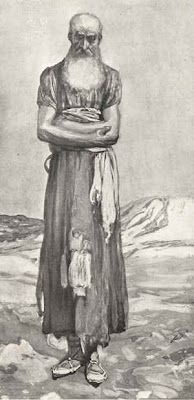
There was a cultural problem in the church at Rome. Meat from Roman butcher shops had mostly been given as offerings in pagan rituals before it was sold. Was this food “offered to idols?” In Jewish culture, wine was on the table for most meals. Some believers identified alcohol with drunkenness and debauchery. This was causing a problem. Paul gave them the following instruction [found in Romans Chapter 14, Amplified Bible]:
“17[After all] the kingdom of God is not a matter of [getting the] food and drink [one likes], but instead it is righteousness (that state which makes a person acceptable to God) and [heart] peace and joy in the Holy Spirit.
18He who serves Christ in this way is acceptable and pleasing to God and is approved by men.
19So let us then definitely aim for and eagerly pursue what makes for harmony and for mutual upbuilding (edification and development) of one another.
20You must not, for the sake of food, undo and break down and destroy the work of God! Everything is indeed [ceremonially] clean and pure, but it is wrong for anyone to hurt the conscience of others or to make them fall by what he eats.”









